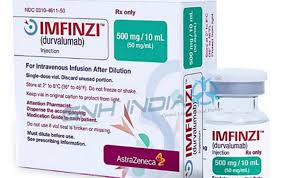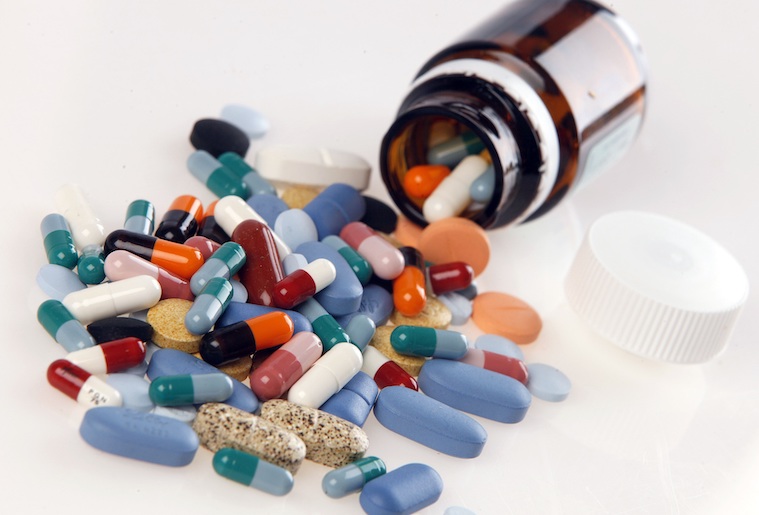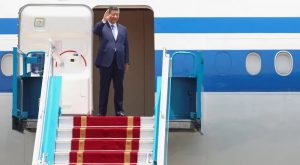The US-China trade war has cast a shadow over medicines that American drug companies make in China.
A review by Reuters of Chinese regulator data showed that popular drugs used to fight cancer and diabetes could become more expensive because of tariffs imposed by US President Donald Trump.
China announced on Friday that it would raise its levies on imports of US goods to 125%, hitting back at US President Donald Trump’s decision to single out the world’s second-largest economy for higher duties.
ALSO SEE: China Calls For US to Scrap Its Tariffs as Xi Starts SE Asia Tour
The Trump administration is also currently investigating whether imports of pharmaceutical products threaten US national security, which could be a precursor to slapping tariffs on those products.
Tariff impacts unclear
Big pharmaceutical companies including AstraZeneca, Sanofi, GSK and Eli Lilly have at least one US manufacturing site for their drugs sold in China, records from China’s National Medical Products Administration showed.

In Indiana, AstraZeneca has a production site for its blockbuster cancer drug durvalumab and Eli Lilly also makes its popular diabetes and weight-loss drug tirzepatide there, the data showed.
North Carolina is listed as a location for the manufacture of AstraZeneca and Sanofi’s respiratory syncytial virus (RSV) prevention antibody, nirsevimab, as well as for GSK’s two-drug HIV regimen lamivudine/dolutegravir.
The records Reuters reviewed did not detail how much of the US production was being sent to China.
In response to Reuters queries about China’s tariffs and their effects, a spokesperson for Eli Lilly said it was “continuing to examine the detail” and declined to comment further.
AstraZeneca and GSK declined to comment. Sanofi did not respond to a request for comment.
Pharma giants want US tariffs phased in
Experts said China’s tariffs on US products could lead to increased prices or limited supply of some drugs.
“Depending on the products, patients and consumers in China may be affected very much by the tariffs, because the production of medicines cannot be relocated in [the] short-term,” said Erik Jandrasits, head of trade affairs at Swiss pharmaceutical and biotechnology business association ScienceIndustries.
For the US market, companies in the industry have lobbied Trump to phase in tariffs on imported pharmaceutical products in the hope of reducing the sting from the charges and to allow them time to shift manufacturing.
“It (the potential US tariff) clearly creates an overhang on the pharmaceutical space given the current uncertainty and complexity of the pharmaceutical supply chains,” William Blair analyst Matt Phipps said.
- Reuters with additional editing by Jim Pollard
ALSO SEE:
China Halts Rare Earth Exports, Warns US on Deep-Sea Metals ‘Plan’
Tariffs on Imported Chips to be Announced Soon, Trump Says
China Lifts Tariff on US Goods to 125%, as ‘Hikes Become a Joke’
US And China ‘Stuck in an Expensive Game of Chicken’ – Nomura
Xi Calls on Foreign CEOs to Help Protect Supply Chains
China, Japan, South Korea Boost Trade Ties, as US Tariffs Loom
China Curbs Hollywood Films, But Says It’s Open to Talks
Video Gamers Angry About Impacts of Trump Tariffs
























